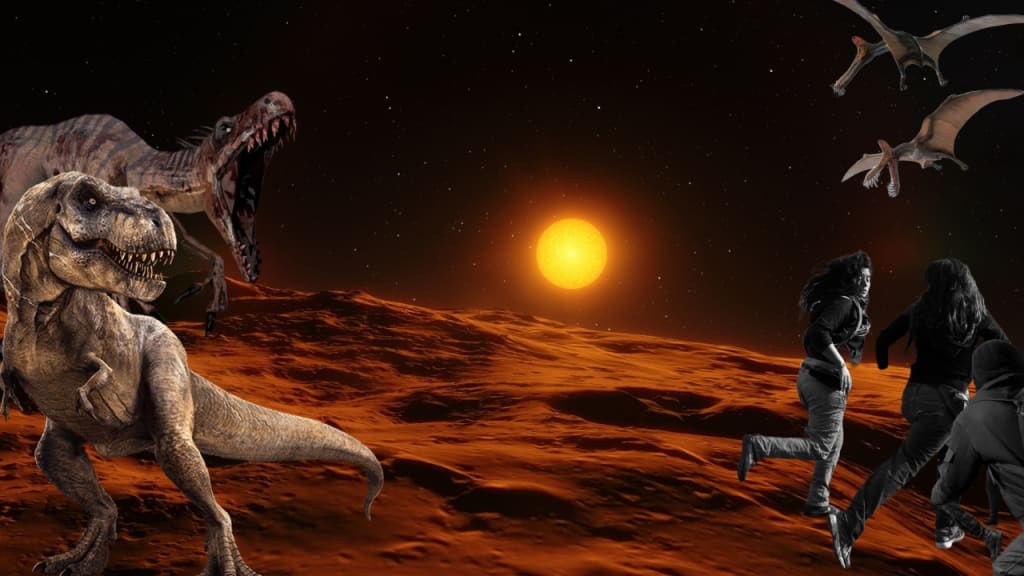
Sixty-six million years ago, an asteroid with the force of ten billion atomic bombs struck Earth, altering the trajectory of evolution. The sky darkened, and plants ceased photosynthesis. The vegetation died first, followed by the creatures who ate them. The food chain broke down. Over 90% of all species became extinct. Except for a few birds, all dinosaurs were extinct as the dust fell.
However, this calamitous catastrophe paved the way for human progress. The surviving animals thrived, including the small proto-primates who would eventually become humans.
Imagine the meteor missed and the dinosaurs survived. Consider highly developed raptors establishing a presence on the moon. Dinosaur scientists discovered relativity or debating a fictitious universe in which animals took over the Earth.
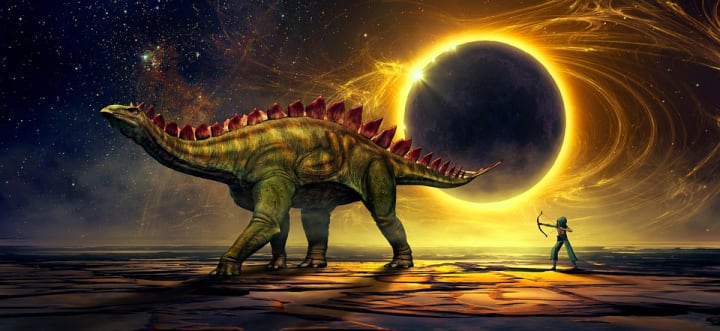
This may appear to be poor science fiction, yet it raises some serious philosophical problems regarding evolution. Is mankind simply a byproduct of evolution, or is the emergence of intelligent tool users unavoidable?
We are the dominating species in the world because of our brains, tools, language, and large social groupings. On seven continents, there are 8 billion Homo sapiens. Humans outnumber all wild creatures in terms of weight.
We've altered half of the planet's territory to feed ourselves. You may argue that organisms like humans had no choice but to develop.
Dale Russell, a palaeontologist, developed a thought experiment in the 1980s in which a predatory dinosaur evolved into an intelligent tool user. This dinosaur had a large brain, opposable thumbs, and walked upright.
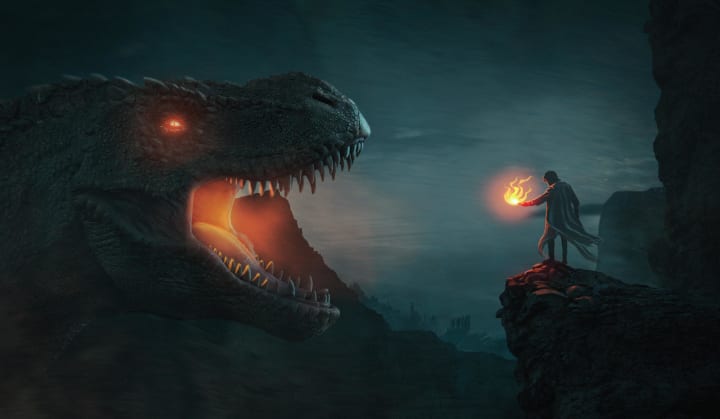
It is not impossible, but it is highly unlikely. An animal's biology determines the course of its evolution. Your endpoints are constrained by your beginning place.
You are unlikely to become a brain surgeon, lawyer, or Nasa rocket scientist if you drop out of college. However, you may be an artist, actor, or business owner. Our life pathways open some doors and seal others. This is also true in terms of evolution.
Consider dinosaurs' size. Sauropod dinosaurs, such as Brontosaurus, grew into 30-50 tonne monsters up to 30 metres long, ten times the weight of an elephant and as long as a blue whale, beginning in the Jurassic. This occurred in several families, including Diplodocidae, Brachiosauridae, Turiasauridae, Mamenchisauridae, and Titanosauria.
This occurred on several continents, at various eras, and in various conditions ranging from deserts to rainforests. However, some dinosaurs that lived in these habitats did not become supergiants.
The fact that these animals were sauropods was what tied them together. Something in sauropod anatomy - lungs, hollow bones with a high strength-to-weight ratio, metabolism, or all of these things - enabled them to evolve. It allowed them to develop in ways that no other terrestrial animal has before or since.
Similarly, carnivorous dinosaurs continually created massive, ten-metre-tall, multi-tonne predators. Megalosaurids, allosaurids, carcharodontosaurids, neovenatorids, and lastly tyrannosaurs developed as huge apex predators over 100 million years.
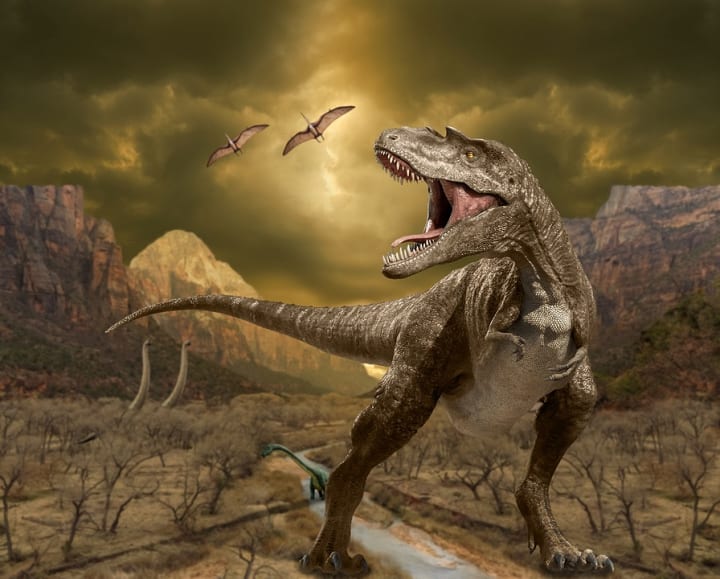
Dinosaurs were good at having large bodies. Big minds, on the other hand. Dinosaurs did demonstrate a little growth in brain size over time. Small brains were found in Jurassic dinosaurs such as Allosaurus, Stegosaurus, and Brachiosaurus.
Tyrannosaurs and duckbills had grown bigger brains by the late Cretaceous, 80 million years later. Despite its size, the T. rex brain weighed just 400 grammes. The brain of a Velociraptor weighed 15 grammes. A typical human brain weighs 1.3 kilos.
Dinosaurs did, throughout time, enter new niches. Small herbivores grew more numerous, and birds became more diverse. Long-legged creatures emerged later, implying an arms race between fast-moving predators and their prey.
Dinosaurs appear to have had a more complicated social life. They began to live in herds and developed intricate horns for fighting and show. Nonetheless, dinosaurs appear to be repeating history, developing enormous herbivores and carnivores with little brains.
There's nothing in 100 million years of dinosaur history that suggests they'd have done anything drastically different if the asteroid hadn't intervened. We'd almost certainly still have supergiant, long-necked herbivores and massive tyrannosaur-like carnivores.
They may have had somewhat larger brains, but there is no indication that they would have evolved into geniuses. Mammals are also unlikely to have supplanted them. Dinosaurs dominated their surroundings until the asteroid struck.
Mammals, on the other hand, faced unique challenges. They did not develop supergiant herbivores and carnivores. However, they have repeatedly grown large brains. Orcas, sperm whales, baleen whales, elephants, leopard seals, and apes all evolved massive brains (as huge as or larger than ours).
Only a few dinosaur relatives, such as crows and parrots, have sophisticated brains today. They can use tools, communicate, and count. However, animals such as apes, elephants, and dolphins have evolved the largest brains and most sophisticated behaviours.
So, did the extinction of dinosaurs ensure that mammals would acquire intelligence?
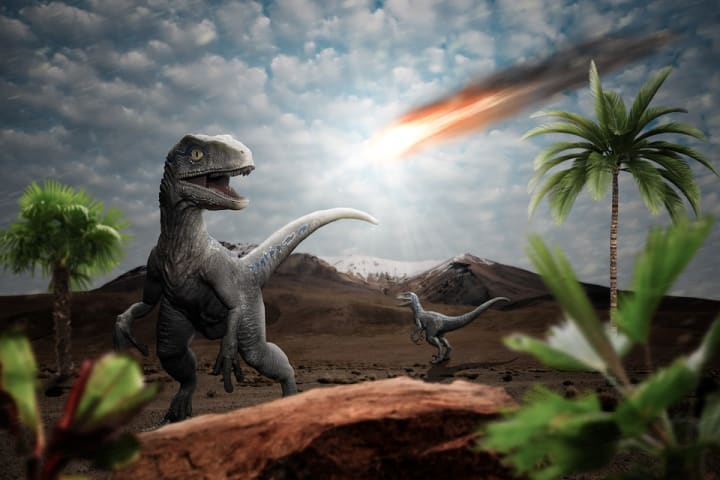
Well, perhaps not.
Endpoints can be limited by starting points, but they are not guaranteed. Steve Jobs, Bill Gates, and Mark Zuckerberg were all college dropouts. But if leaving out made you a multibillionaire, every college dropout would be wealthy. Even if you start in the perfect position, you will require opportunities and luck.
The evolutionary history of primates indicates that human evolution was far from inevitable. Primate evolution in Africa created big-brained apes and modern humans over 7 million years. However, primate evolution took completely different pathways elsewhere.
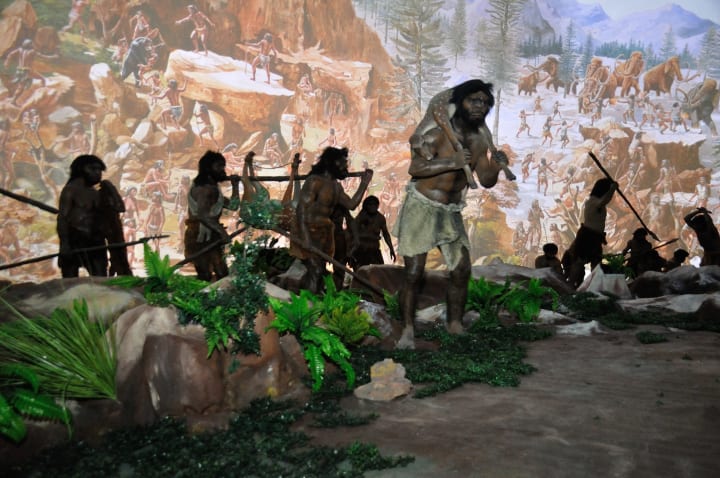
Monkeys just developed into additional monkey species when they arrived in South America 35 million years ago. And primates arrived in North America at least three times: 55 million, 50 million, and 20 million years ago. They did not, however, develop into a species capable of producing nuclear bombs and smartphones. Instead, they went extinct for reasons we don't understand.
Primate evolution took a distinctive turn in Africa, and alone in Africa. Something in Africa's fauna, flora, or topography influenced the evolution of apes: terrestrial, large-bodied, large-brained, tool-using primates. Even without the dinosaurs, human evolution required the correct mix of opportunity and luck.
For video experiance, watch my youtube video.
About the Creator
adil umar
Traveller. Writer. Words are scarce. My gateway drug is reading. I write for doers, dreamers, and unwavering optimists.


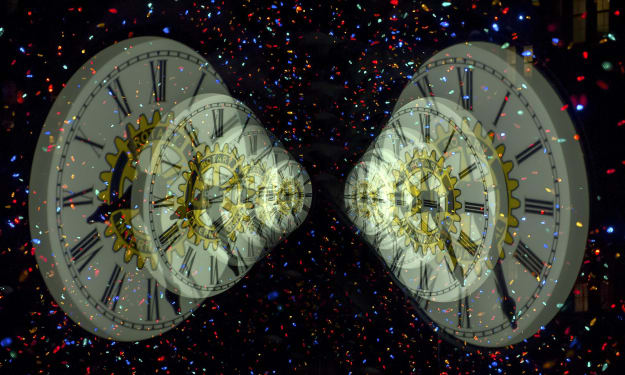

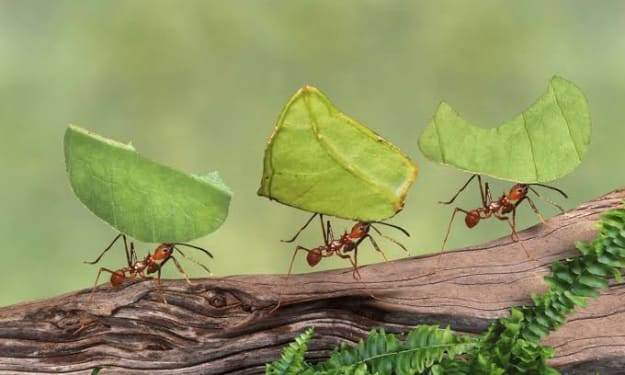

Comments (1)
Pretty cool look into possible alternate realities here. Life definitely wouldn’t be like The Flinstones but then again humans wouldn’t be like we are now (as you pointed out). Good stuff here